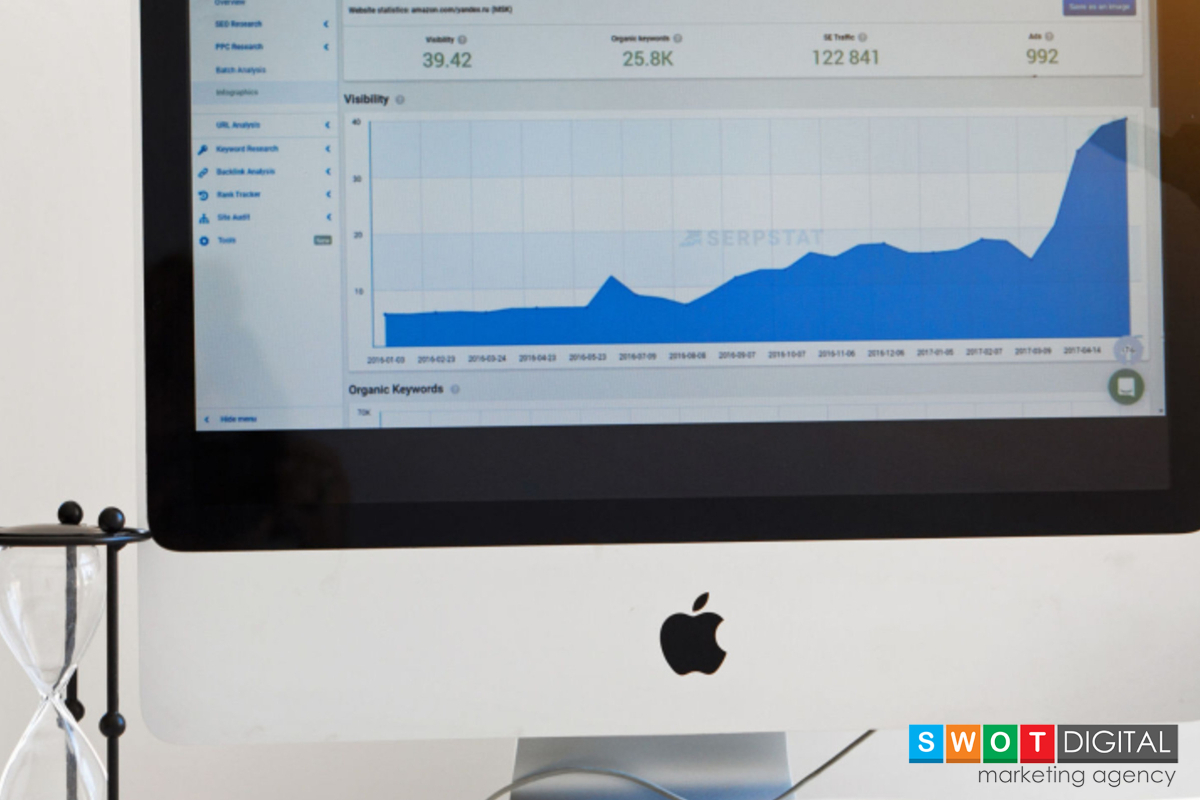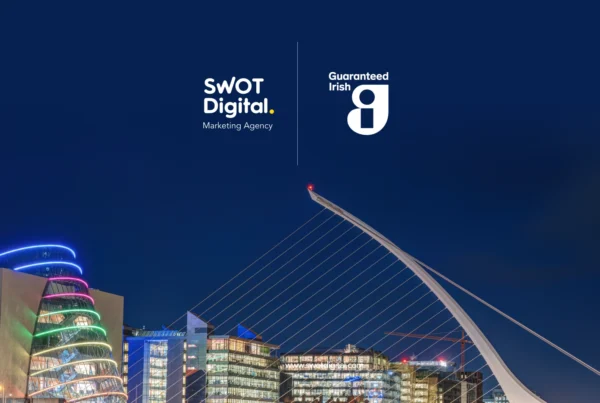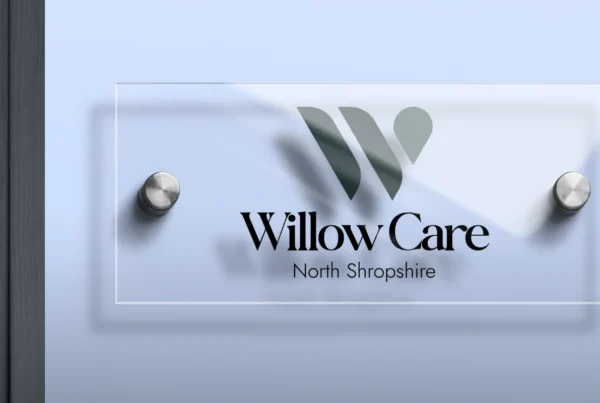Pay-per-click (PPC) advertising is precise & transparent. In this over view re run through the benefits that PPC can bring to your business.
PPC ads are the ones you see at the top and along the sides of search engine result pages and social media platforms. In order to appear here, you need to bid for your ads to show up in sponsored results when people type in a query that includes your target keywords.
Why PPC? This advertising is called pay-per-click because you pay for every person that clicks on your ad. Most popular PPC platforms are the Google Ads, Facebook Ads, and Bing Ads.
Main Benefits of PPC:
Complete control over ad content
PPC ads are still ads, no matter how different they might seem to people used to traditional advertising. You have complete control over the content you put out. Additionally, you have a significant amount of space for delivering your message, as well as numerous different options. You can create ads that will dominate the page by adding pricing, callouts, sitelinks, phone numbers, and your location on the map.
Complete control over the budget
With pay-per-click, you can control your budget to a cent. Decide what your daily limit is and set it. Over the course of a month your account won’t spend anything more than the daily budget times the number of days within the month.
Complete control over the targeting
PPC is a way for you to be laser-precise when it comes to targeting. You can reach your target audience thanks to the platform’s demographic data. You can target your ads based on the time of day, search keywords, location, device, language, age, sex, and your website’s audiences.
Fastest advertising results
To start ranking high on Search Engine Result Pages (SERPs) organically, you need to invest a lot of time, effort, and resources. However, with a PPC campaign, you can reach the top of the search engine results almost immediately. There is no faster or better way to reach your potential customers at the exact moment when they’re ready to buy what you’re offering.
That kind of speed means more agility. That, in turn, means that promoting a new product or a new message is easier. You will get feedback on anything new quickly, so you’ll be able to adapt. This means that PPC is the perfect approach for product launches, events, and seasonal promotions.
Marketing data
Organic campaigns will hide keyword data due to privacy concerns. However, PPC campaigns have no such restrictions. Conversion tracking with (for example) Google Analytics allow us to identify keywords which convert as well as providing info on other KPIs. This can complement other marketing efforts such as SEO, social media marketing and offline advertising.
Split-testing
A/B testing on ads, landing pages, and even CTA buttons is an easy way to find the best performers. And, once more, you can feed the data to improve organic marketing efforts.
Increase in brand visibility
For most niches, pay-per-click results are shown above the organic ones in SERPs. This means that users can’t avoid seeing the paid search ads, even if they decide not to click on them. Basically, this means that the people looking for products or services like yours will see your ads every time, while you will only pay for those who show true interest and actually click on your ads.
A stable platform
Organic results are known for suffering from turbulence being effected by changes to Google’s ever-changing search algorithms. Google Ads however, although continually evolving, offers a more stable platform for digital marketers to promote their products and services
Cost efficiency
Contrary to popular belief, PPC strategies can offer an inexpensive approach to lead generation. For example, local businesses may need a relatively small set of keywords if they want to only target their local area. For them, the costs of PPC strategies can be negligible when they compare them to other alternatives.
In the end, any company that wants to maximise their presence on the market should definitely leverage PPC advertisement, so if you need help with your campaigns, feel free to get in touch.

